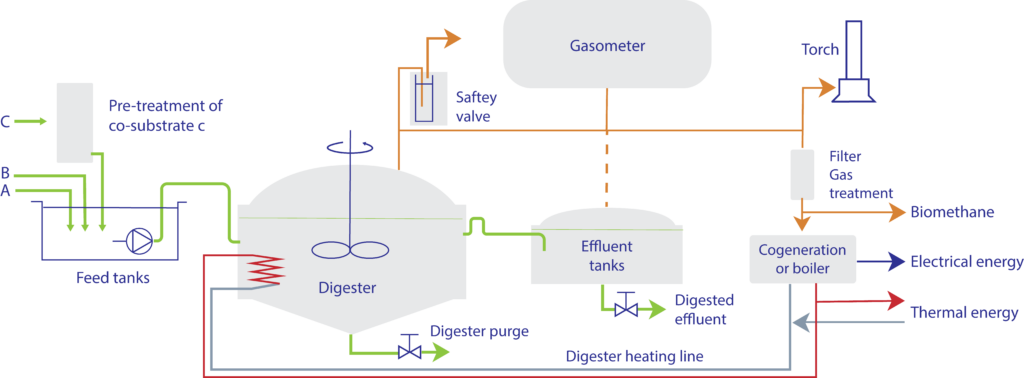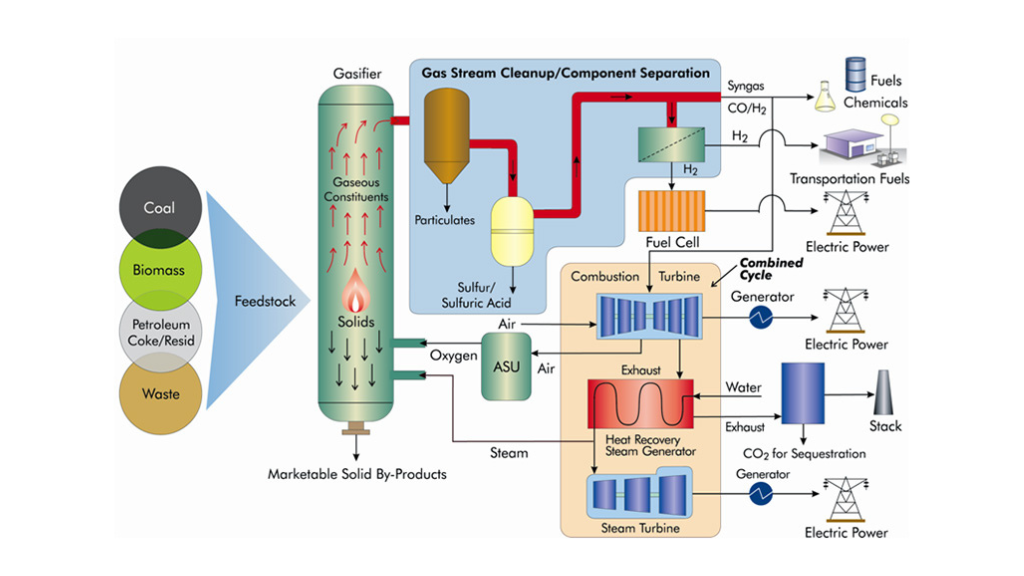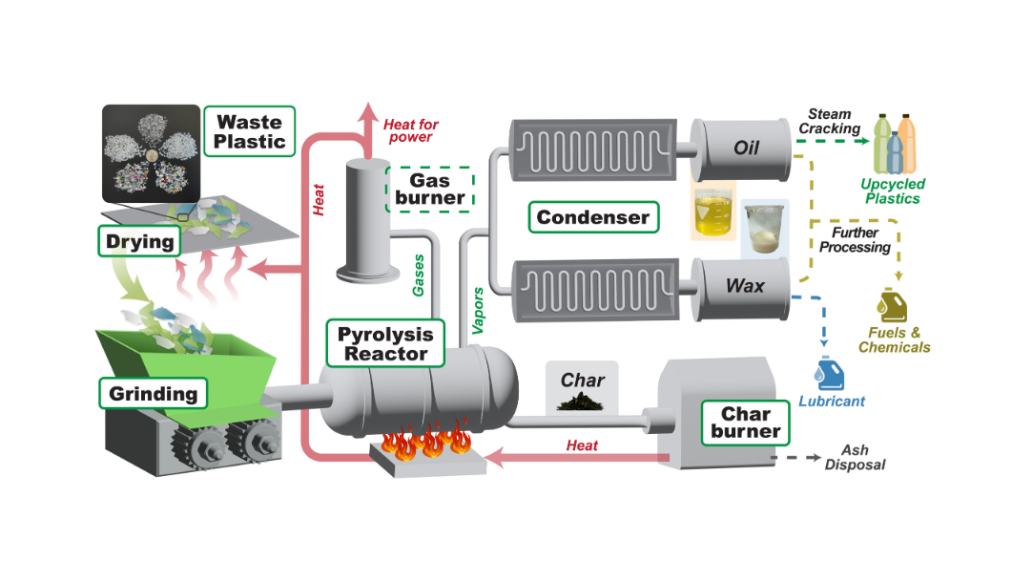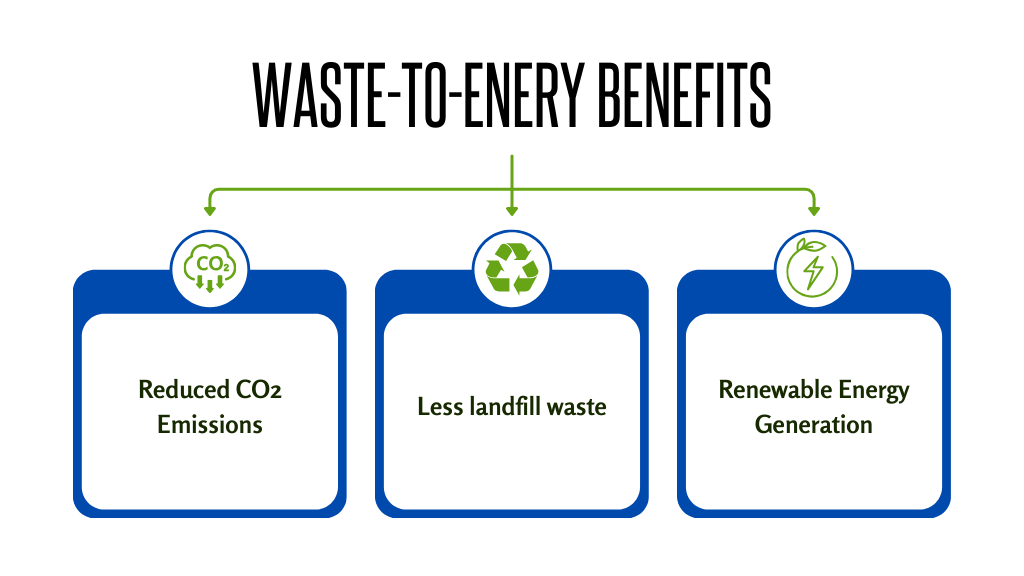Key Methods of Waste-to-Energy Conversion
At LEC Partners, we specialize in Waste-to-Energy (WTE) conversion, a sustainable method for transforming waste into valuable renewable energy. By focusing on waste management technologies like anaerobic digestion, incineration, gasification, and pyrolysis, we help reduce environmental impact while promoting a cleaner, greener future.
What is Waste-to-Energy Conversion?
Waste-to-Energy (WTE) is the process of converting waste materials into usable energy, such as bioenergy in the form of electricity, heat, or biogas. This approach helps reduce landfill waste, cuts greenhouse gas emissions, and provides a reliable source of renewable energy. WTE is essential for a sustainable waste management system, turning what would otherwise be discarded into valuable resources.
Key Waste-to-Energy (WTE) Technologies:
1. Anaerobic Digestion
Anaerobic digestion is a process that breaks down organic waste (such as food scraps and agricultural by-products) without oxygen. It produces biogas, primarily composed of methane, which can be used for electricity generation or heat production. This method is highly effective at reducing greenhouse gas emissions, making it a key component of sustainable energy practices.

2. Incineration & MSW Combustion
Incineration involves burning waste at high temperatures to produce heat, which is converted into electricity. Municipal Solid Waste (MSW) combustion is widely used for waste-to-energy generation in urban areas, where it serves the dual purpose of waste reduction and energy production.
3. Gasification
In gasification, waste is exposed to high heat with limited oxygen, converting it into synthetic gas (syngas). Syngas can be burned to generate electricity or refined into fuels, offering an efficient way to transform waste into energy. For more information on real-world applications of this technology, check out our case studies.
4. Pyrolysis
Pyrolysis decomposes waste in the absence of oxygen, creating liquid fuels and synthetic gases that can be used for electricity generation or processed into biofuels. This method is particularly useful for recycling materials like plastics, which are difficult to manage with traditional methods.
Why is Waste-to-Energy (WTE) Important?
Waste-to-Energy technologies are critical for sustainable waste management and energy recovery. They significantly reduce landfill use while generating renewable energy. WTE systems also play a crucial role in lowering carbon footprints by recovering valuable energy from materials that would otherwise contribute to pollution.
The Future of Waste-to-Energy
The field of Waste-to-Energy conversion is rapidly evolving with advancements in smart technology and energy efficiency. At LEC Partners, we remain at the forefront of these innovations, ensuring that waste is effectively transformed into energy with minimal environmental impact. Our expertise allows businesses and municipalities to integrate sustainable waste management solutions into their energy systems.
Get Involved in Waste-to-Energy Solutions
As the need for sustainable waste management grows, so does the importance of Waste-to-Energy. Whether you’re looking to implement WTE technology in your operations or want to learn more about the potential of WTE solutions, LEC Partners is here to help. Our team of experts is dedicated to helping businesses turn waste into energy, driving sustainability and energy efficiency forward.
Contact us today to discover how we can assist you in transforming waste into a valuable resource and contributing to a more sustainable, energy-efficient world.
Have some questions?
Not sure where to start?
Let's start a conversation. We're here to help you navigate
the bioeconomy with confidence.



